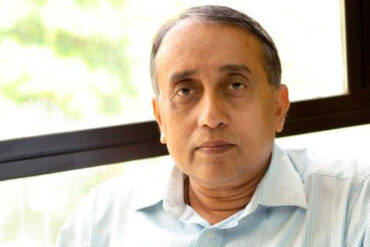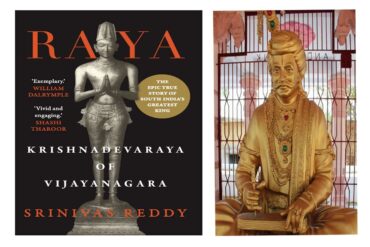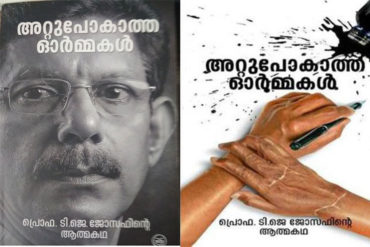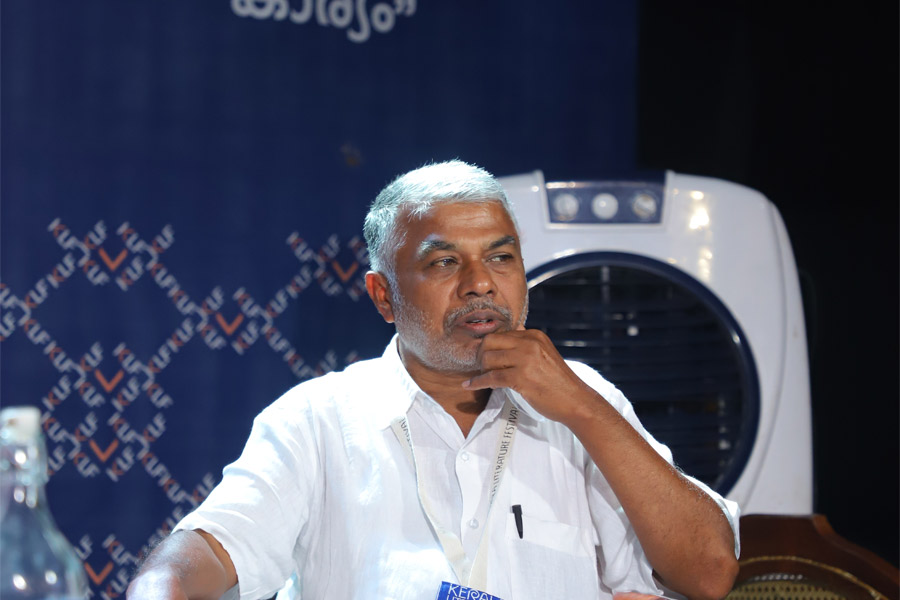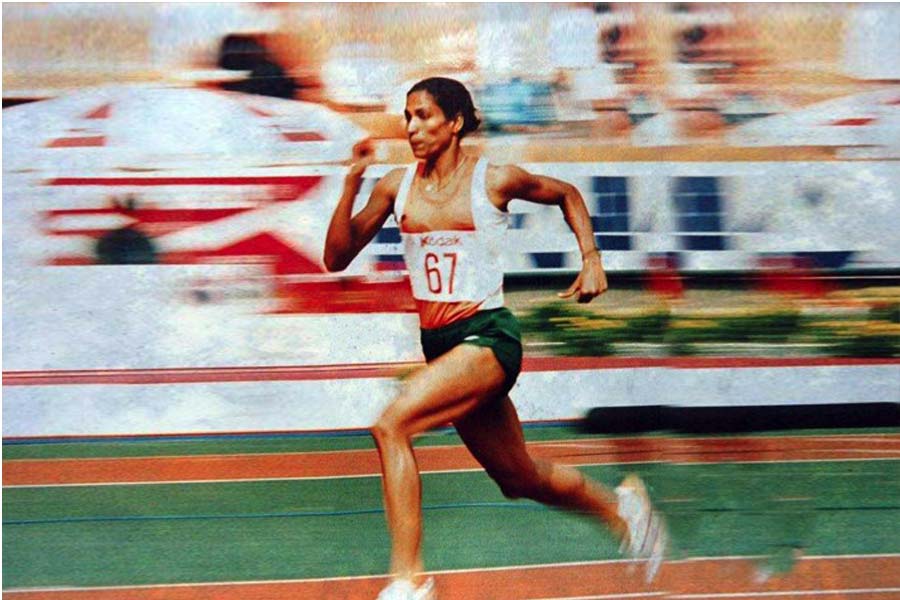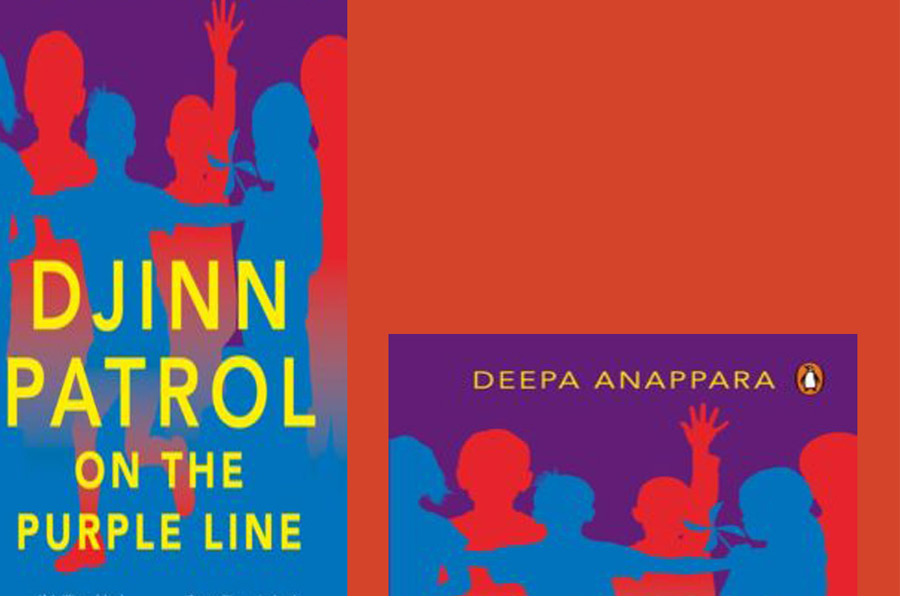Deepa Anappara must rank in the west, at the moment, as the most celebrated Indian writer in English. Feted and decorated abroad, her debut novel comes with the most weighty of blurbs on the front cover: Ian McEwan goes: A brilliant Debut, Anne Enright oohs: Storytelling at its best and Chigozie Obioma: An entertaining and wonderful debut. The blurbs are the usual lazy stuff churned out over an evening cup of tea, but the novel we are made to believe is unusual, rare and brilliant.
Anappara has already been so tightly embraced by the western literary establishment, that actually such heavy blurbing seems a bit superfluous. For this former journalist, who worked in Delhi, has won the Developing Asian Journalism Award, the Every Human Has Rights Media Award, the Sanskriti-Prabha Dutt Fellowship in Journalism. But wait. A part of this novel—an excerpt has won the Lucy Cavendish Fiction Prize. She got the Deborah Rogers Foundation Writers Award and the Bridport/Peggy Chapman-Andrews Award for a first novel. All this before we had heard of the novel. Anappara has so many awards and commissions and assignments including working on a Chase doctoral fellowship, (Phew!) she can afford to put the call from the Booker Prize committee on hold.
All this makes us, the old journos like this hack, who slogged through all that and tried to get an handshake from the western lit establishments and award committees, blue and purple with envy.
After all this, Anappara has written what is derisively referred to, here in India. as poverty-porn. A slum in Delhi where children go missing. Nothing else happens. But Anappara writes with empathy and though she is a bleeding-heart, she keeps a distance and watches the poor subjects of her novel, trip and fall one after the other and wonders at the injustice of it all. She, of course, throws barbs at the rich who stay in the nearby Golden Gate gated community—the aunties who harass their maids who live in the slum. In a slum novel or a Slumdog novel, there can be no redemption because for the poor nothing big is destined. Sorry, no one becomes a millionaire and the kids who go missing don’t comeback because the police is not interested in searching for them, despite the poor mothers of the slum who hand over their life earnings as bribe to the cops. So life has to go on and if you want redemption look elsewhere.
It is an everyday India story that we here know every bit of living through all this every day. A child going missing is not news either for us or for the police. Bringing them back may be news but one gone missing is so much better for the population statistic. Anappara writes with restraint and irony seeps through every sentence. Keenly observant she knows where the filth hides before she can see it. She wraps it all up in prose that is often enlightening, funny and yes she guides us through all that with an expert hand. And flings enough dirt on the callous establishment, making us all applaud. And oh, she also does her bit to slumdunk the cops. Cheers, cheers.
The narrator Jai is a typical slumdog but here he goes to school and sometimes works with a chaiwallah to earn some money so that he can replenish the money he stole from his mother. He and his sister Runnu didi are a good gang and they are completely adult in the way they understand things. They don’t cry like their mother does. Jai decides that he will be a crime investigator and starts out trying to find and bring back the missing children but with no success. Finally his sister Runu, a promising athlete too goes missing. She does not return from the athletic coaching class in the evening. All the missing kids are presumed dead and cut into pieces. Usual suspects the Muslims in the slum are taken to the police station, those left behind, move away to another slum called Pakistan where of course they believe they will be safe forever.
Bleeding heart novels, like crime thrillers have a way of staying with us for sometime, though we want to move it hurriedly to the trash can. But here, far from, where Ian McEwan resides, familiarity with the subject matter breeds a bit of disdain in the reader. Even what they eat are familiar dal-chawal—the sexy girl of the slum Aanchal (also goes missing) goes to the mall with her call-centre boyfriend and walks around. Everyone in India does the same things. This novel tell us the story without any effort to say, hey, here is something different. In that sense the novel is predictable but sincere to the core.
Anappara with all the backing and encouragement and accolades is no doubt a new find for Indian writing. Her lack of inventiveness in language, in narrative, her disdain for any new literary tricks which she could have picked up during her sojourn in the fabled US campuses, perhaps a twist in the tale, all this makes her one who will tread the straight and narrow. No character is larger than life, they are all close to the ground. Nothing surreal, nothing that shakes you up and makes you wonder.
But then there is always a place for the straightforward, well told story. Djinn Patrol will ensconce itself there, heavily awarded by the West, just a tap on the shoulder here in India.
Djinn Patrol on the Purple Line; published by Penguin

